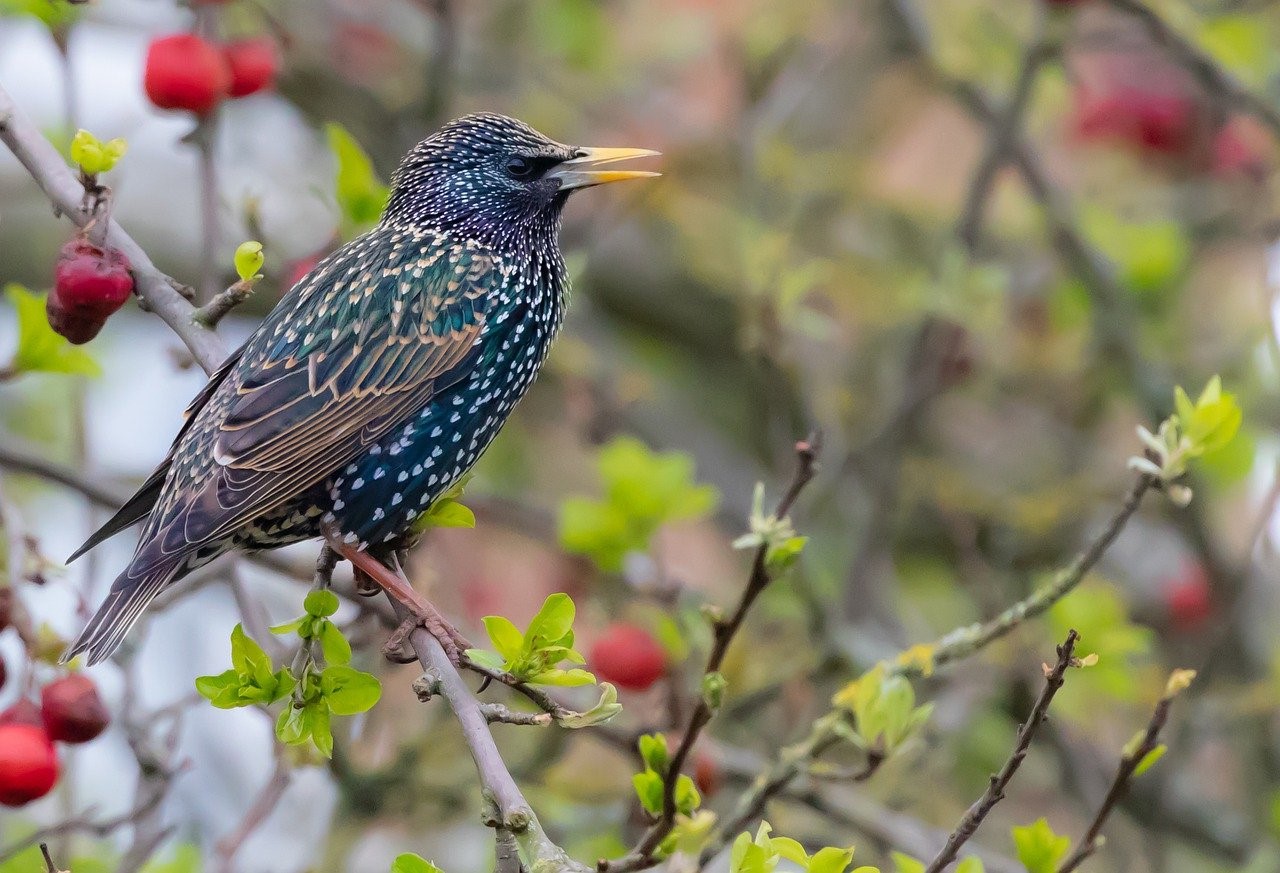The recent decline of the Starling Sturnus vulgaris population in Sweden: a 22-year nest-box study
DOI:
https://doi.org/10.34080/os.v14.22797Keywords:
population studies, anthropological effects, agriculture, habitat degradation, threatsAbstract
This study reports the changes in number of breeding Starlings Sturnus vulgaris as recorded in seventeen areas distributed over all Sweden in 1981—2002. The number of breeding attempts declined by about fifty percent, consistent with the general decline observed in the Swedish Breeding Bird Survey. In no area was a long-term increase observed. There was no consistent geographical pattern; areas with declines and areas with stable populations occurred in all parts of Sweden. Reduction of farming and grazing intensity was probably the most important factor since the populations did not decline in areas with continued active farming. The declines were confined to small infield sites surrounded by large forests. Hence the general decline is probably driven by rapid habitat deterioration at numerous small sites rather than by a slow, similar decline in all habitats.
Downloads

Downloads
Published
How to Cite
Issue
Section
License
The copyright of each contribution belongs to the author(s), but all contributions are published under a Creative Commons license, so that anyone is free to share and reuse the contribution as long as the copyright holder is attributed.







